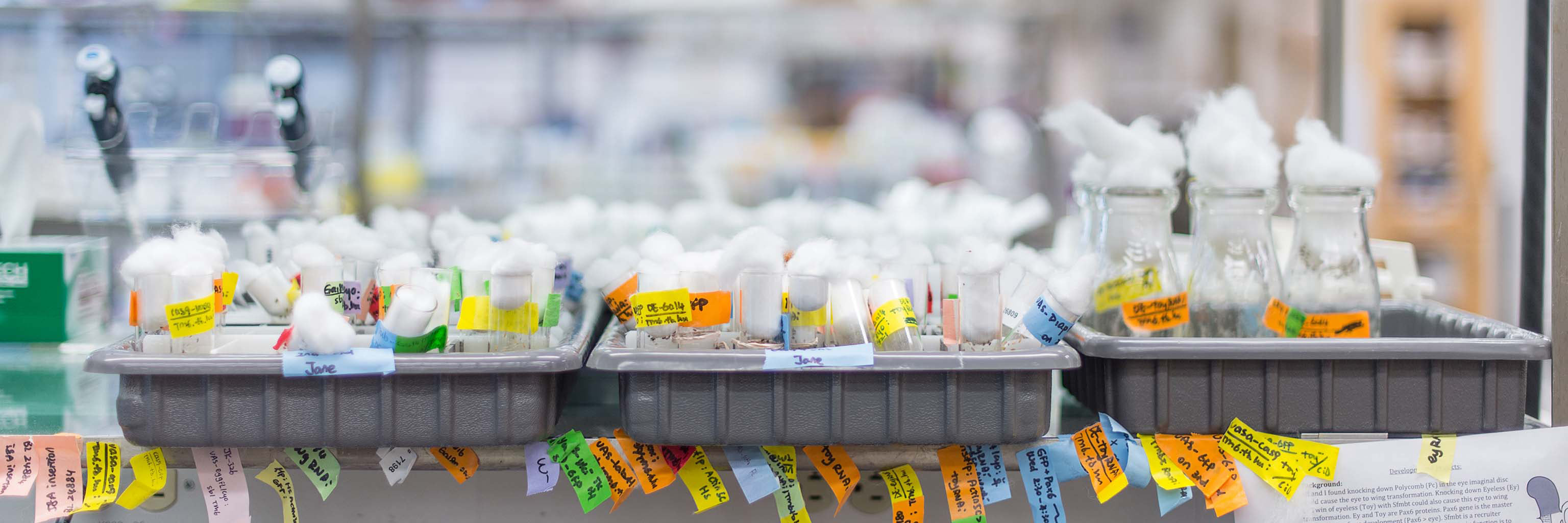Students completing the requirements of the B.A. and B.S. Biology degrees learn to perceive biology not as a collection of facts, but as a dynamic conceptual framework involving many particular areas of research.
Both Biology degrees prepare students for careers in biology, biotechnology and health related fields. Consider which pathway to take (the B.A. or the B.S.) when considering your goals. Both degrees also prepare you to further your education in graduate and professional schools.
Students who complete the core classes and advanced electives gain fundamental science skills and a deep understanding of the biological principles governing life on our planet. Graduates obtain the skills needed to be independent, life-long learners, including the ability to evaluate scientific issues that affect daily life and society.

 The College of Arts
The College of Arts